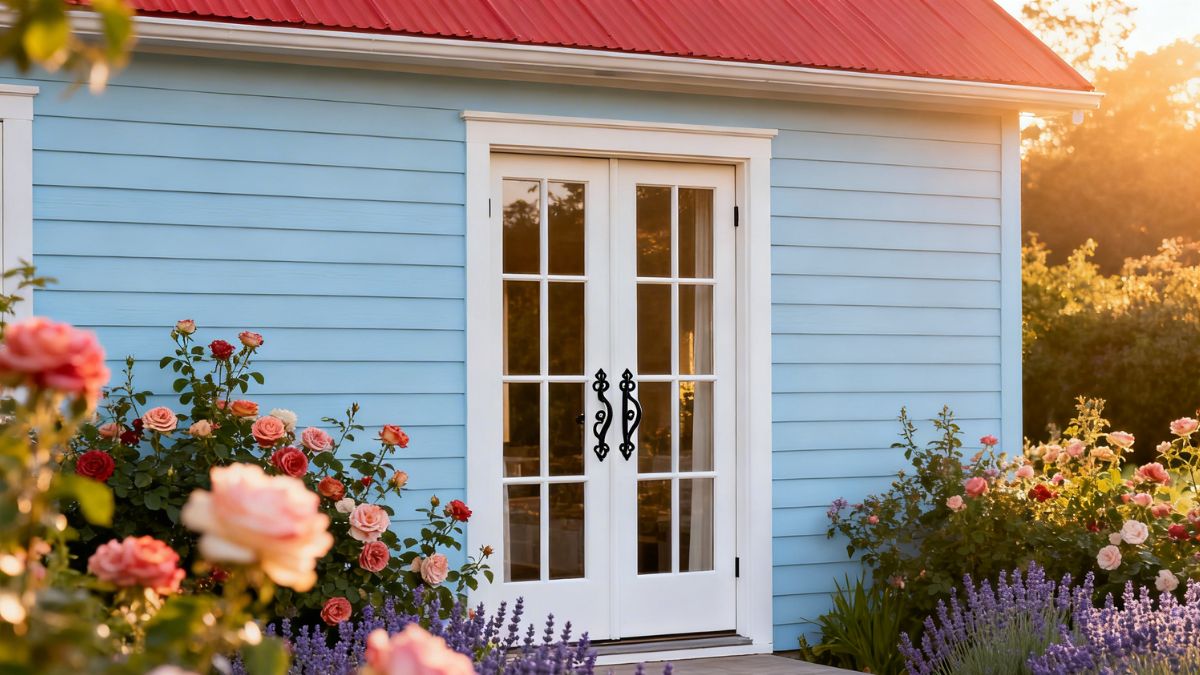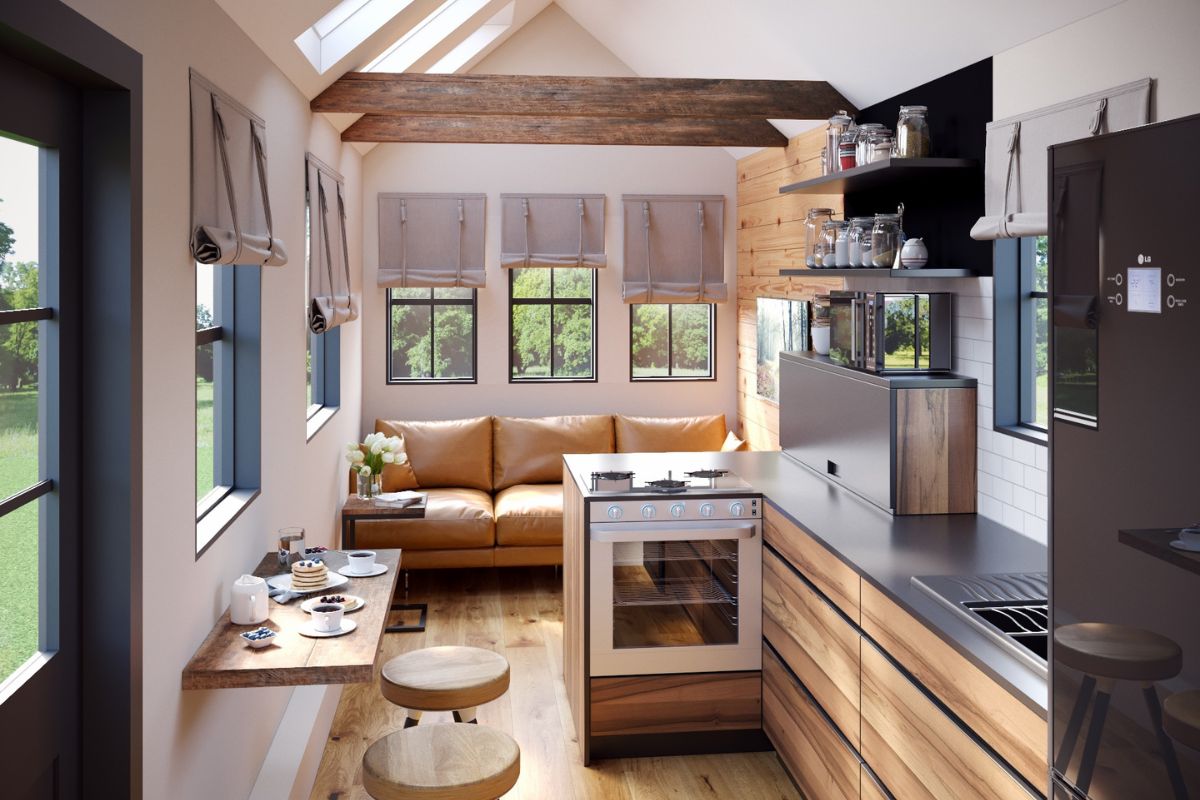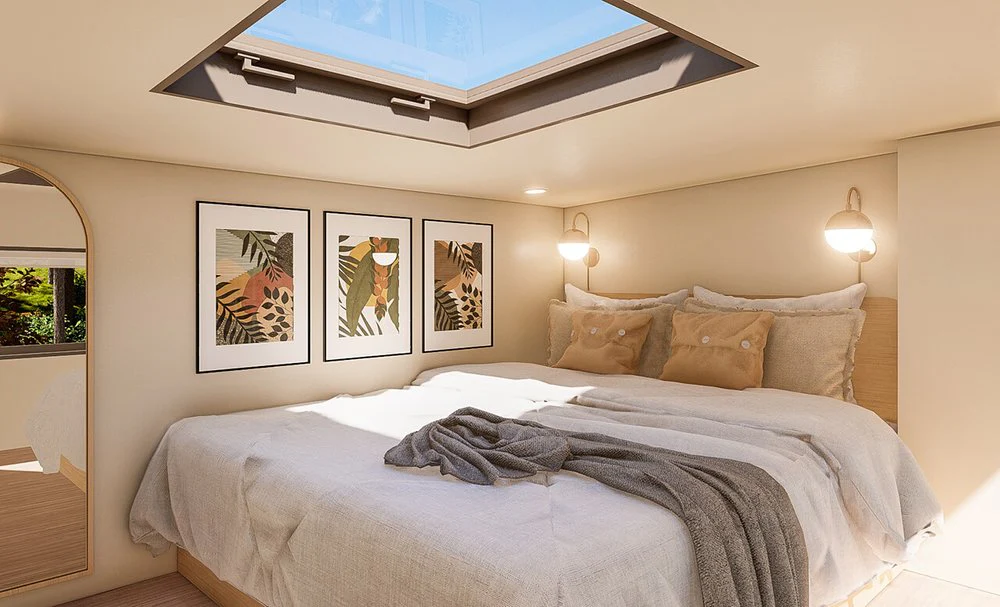Advantages and Disadvantages of Living in a Tent
.jpg)
As an alternative to traditional housing, tent living can be the right choice for you if you like the outdoors and minimalism. Tents become a permanent home for those who are more inclined to be with nature. With the freedom to choose where to live with tents, the health benefits of getting back to nature and spending time outside is a good addition to your new lifestyle.
The idea of tents as your home can be a great step for homeowners but it is important to understand the pros and cons of choosing this lifestyle.
- Tents allow freedom of movement.
- It has lower living costs than traditional housing.
- Tent living lets you connect with nature.
- There are safety concerns and isolation that you need to think about.
- Living in a tent creates a positive ecological impact.
Advantages of Living in a Tent
Explore the advantages of living in a tent and explore this choice as you find a sense of fulfillment and harmony with the world around us.
Connection with Nature
One of the most significant advantages of living in a tent is the connection with nature that it offers. You wake up to the soothing sounds of birds and the rustling of leaves, with fresh air filling your lungs. Tents often allow you to live in the heart of beautiful natural landscapes with natural lighting, providing a unique opportunity to appreciate and respect the environment.
Cost-Effective Living
Tents are considerably more affordable than traditional housing options. Whether you're living in a tent on your property or in a designated camping area, you'll save a substantial amount on rent or mortgage. Additionally, reduced utility bills and lower maintenance costs make it a budget-friendly lifestyle.
Mobility and Flexibility
Tents provide the ultimate flexibility to relocate easily. If you desire a change of scenery or want to explore new places, you can pack up your tent and move. This mobility is perfect for those who enjoy a nomadic or minimalist lifestyle.

Reduced Environmental Impact
Living in a tent is inherently sustainable. With minimal energy consumption and a small physical footprint, you'll leave a significantly lower environmental impact compared to a traditional home. It's a way of living that aligns well with eco-conscious individuals.
Simple Living
Tents encourage a more straightforward way of life. You'll need to reduce your possessions to the essentials, fostering a minimalistic and clutter-free environment. This simplicity can lead to reduced stress and a greater focus on what truly matters.
Adventure and New Experiences
Tents will provide you with multiple opportunities to explore adventures outside and will make you try outdoor activities to gain a deeper appreciation for the nature around you. It's an ideal choice for those who crave new experiences or even a natural lighting away from the hustle and bustle of the cities.
Self-Reliance
Living in tents promote self-sufficiency. You'll learn valuable survival skills, such as starting fires, purifying water, and foraging for food. This self-reliance can be empowering and serve you well in various life situations.

Disadvantages of Living in a Tent
Despite its advantages, there are some challenges that you need to know so you will be able to navigate a way around it and enjoy tent living. For some, there are numerous reasons tiny house owners decide to sell their home but others prefer their tiny homes as their permanent home.
Limited Comfort and Amenities
Tents provide a minimal level of comfort and amenities compared to traditional homes. You'll have to adapt to living with limited space, no central heating or cooling, and rudimentary kitchen and bathroom facilities. Inclement weather can make life even more challenging.
Weather Challenges
Weather conditions can be a significant drawback. Tents offer limited protection against extreme heat, cold, rain, and wind. You'll need to invest in suitable gear to cope with diverse weather challenges. This can be expensive and demanding.
Security and Safety Concerns:
Living in a tent can make you more vulnerable to theft and wildlife encounters. You will need to take extra precautions to secure your belongings and protect yourself from potential dangers, including wild animals.
Limited Storage Space
For most of the tents, storage space is a problem. To adapt to this, you need to be selective wen it comes to your belongings since minimalism can be difficult for those who are accustomed to the conveniences of a traditional home.
Social Isolation
Tent living can be isolating, as it often takes you away from densely populated areas. If you enjoy a social and active lifestyle, you may find it challenging to maintain relationships and engage in social activities.
Legal and Zoning Issues
Before you start setting up your tent, you need to do your research and check if there are laws that do not allow this type of living in your area. For some, it may not be legally permissible to live in a tent. Check the zoning regulations and property laws that can restrict your ability to set up a tent on a piece of land which can limit your options for long-term residence.
Conclusion
Living in a tent is a lifestyle choice that has its pros and cons. This lifestyle can help you create a deep connection with nature with a more budget-friendly existence while having the freedom to live a simpler and sustainable life. On the other hand, tents have some of its challenges that are related to security, social isolation, comfort, or even weather.
In choosing this lifestyle, you need to think about the advantages and disadvantages of this type of home. To make the best choice, consider your personal preferences, your willingness to face adversity and even your adaptability. Ultimately, the decision to live in a tent should reflect your individual values and priorities because it is a choice that requires a unique mindset and way of life.







.jpg)


